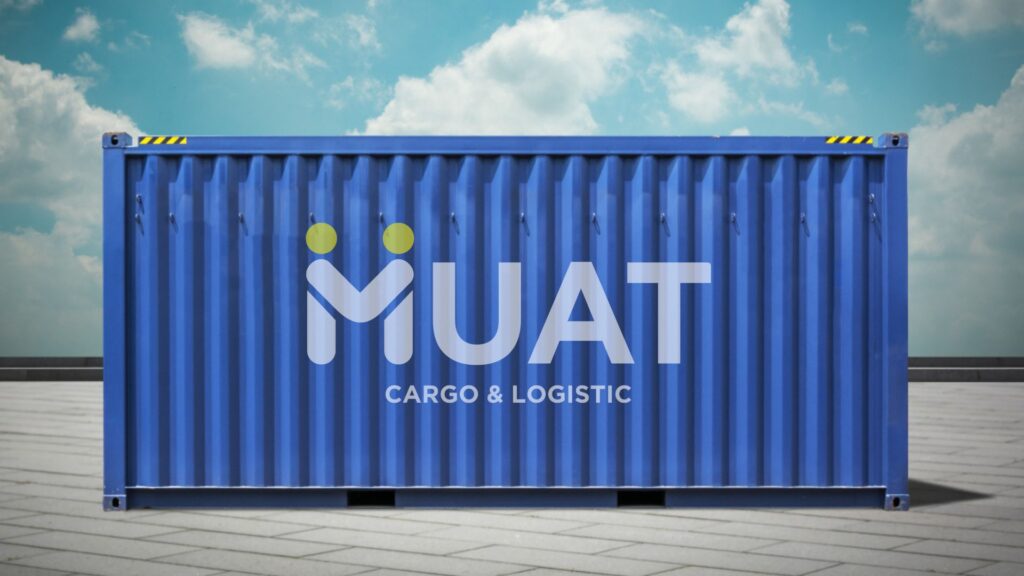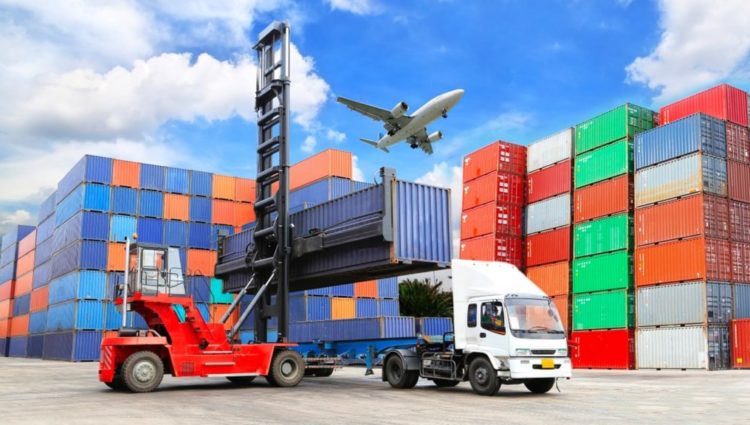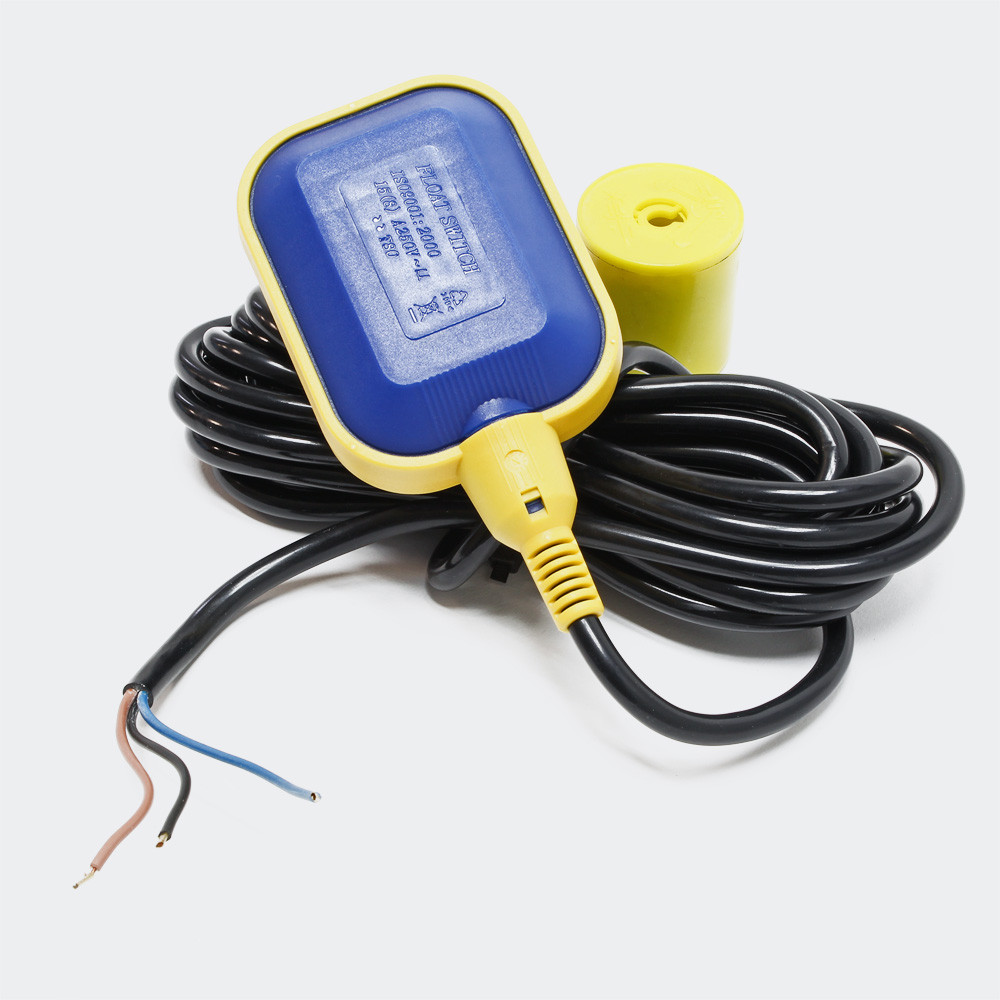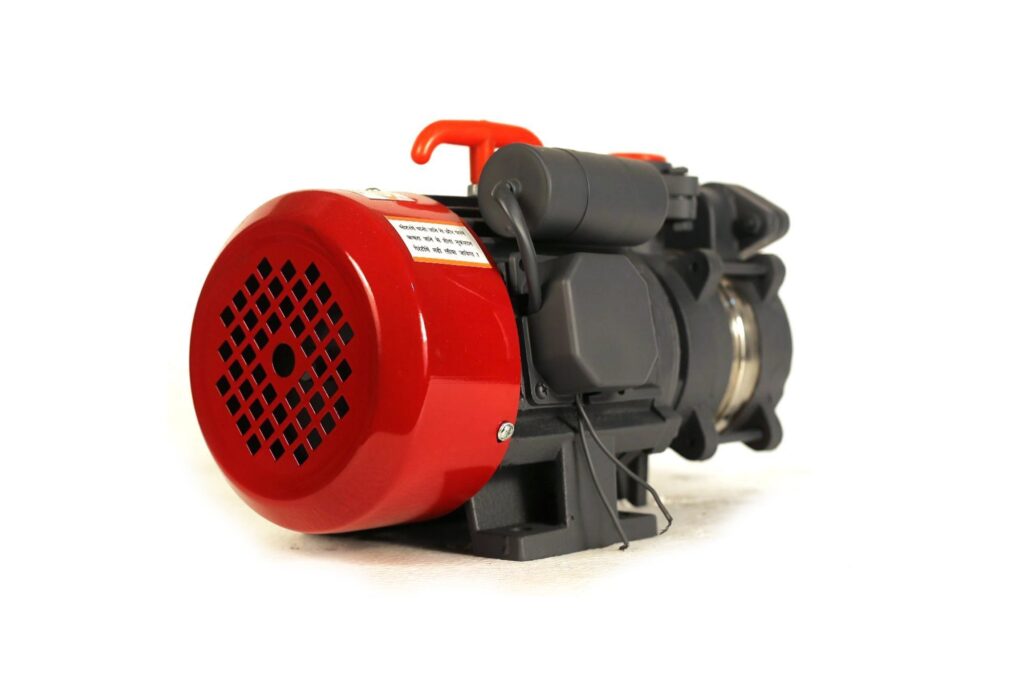Die casting has emerged as a significant manufacturing process in Malaysia, contributing to various industries, including automotive, electronics, and consumer goods. This metal casting technique involves injecting molten metal into a mold under high pressure, creating complex and precise components with minimal finishing work required. Malaysia has become a key player in die casting due to its advanced manufacturing capabilities, skilled workforce, and competitive production costs. Many multinational corporations have established manufacturing plants in the country, benefiting from Malaysia’s strategic location, robust infrastructure, and strong supply chain networks. The growth of die casting in Malaysia has not only strengthened its industrial sector but also contributed significantly to its economy through exports and job creation.
The Malaysian die casting industry is known for its technological advancements and adherence to high-quality standards. Companies in the sector utilize cutting-edge machinery and automation to improve efficiency, reduce waste, and enhance product consistency. Computer-aided design (CAD) and computer-aided manufacturing (CAM) technologies play a crucial role in the development of precision molds, ensuring that the final products meet exact specifications. Additionally, manufacturers are increasingly investing in environmentally friendly die casting processes, such as using non-toxic alloys and optimizing energy consumption. These advancements not only improve production efficiency but also align with global sustainability initiatives, making Malaysian die casting firms more attractive to international clients.
One of the biggest drivers of die casting in Malaysia is the automotive industry, which heavily relies on die-cast components for lightweight and high-strength parts. Car manufacturers and suppliers depend on this process to produce engine blocks, transmission cases, and structural components that meet strict performance and durability requirements. The demand for electric vehicles (EVs) has further fueled the need for precision die casting, as EV manufacturers seek lightweight materials to enhance battery efficiency. Malaysian die casting companies are well-positioned to capitalize on this trend, as they continuously improve their production techniques to meet the evolving needs of the global automotive market.
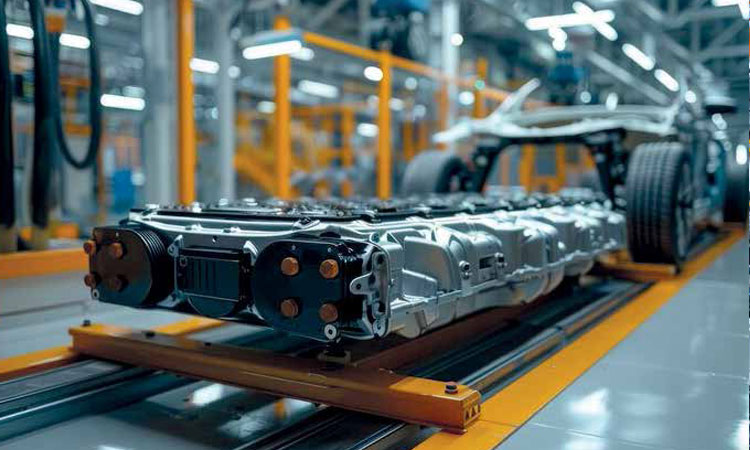
Beyond the automotive sector, diecaster malaysia is also widely used in the electronics industry, where precision and miniaturization are crucial. Many electronic devices, such as smartphones, laptops, and household appliances, contain die-cast components that provide structural integrity while maintaining a lightweight design. Malaysia, being a major hub for electronics manufacturing, has seen significant demand for die-cast parts in this sector. Companies specializing in die casting for electronics have adopted advanced manufacturing techniques to ensure high precision and quality. As technology advances and electronic devices become more compact and efficient, the role of die casting in this industry is expected to grow even further.
Despite its strong growth, the die casting industry in Malaysia faces challenges that require strategic solutions. The rising cost of raw materials, such as aluminum and zinc alloys, can impact production costs and profitability. Additionally, competition from other manufacturing hubs in the region, such as China and India, presents challenges in maintaining market share. To stay competitive, Malaysian die casting firms must focus on innovation, process optimization, and developing value-added services such as rapid prototyping and customized solutions. Government support and industry collaborations can also play a key role in addressing these challenges by promoting research and development initiatives and enhancing workforce skills through specialized training programs.
Looking ahead, the future of die casting in Malaysia remains promising, driven by continued industrial growth and technological advancements. The integration of Industry 4.0 technologies, such as artificial intelligence, robotics, and data analytics, is expected to further enhance efficiency and quality in die casting production. Sustainability will also be a key focus, with companies striving to adopt eco-friendly practices and develop recyclable materials to reduce environmental impact. As Malaysia strengthens its position as a leading manufacturing hub in Southeast Asia, its die casting industry is set to play a crucial role in shaping the future of global manufacturing, providing high-quality and innovative solutions to meet the demands of modern industries.


